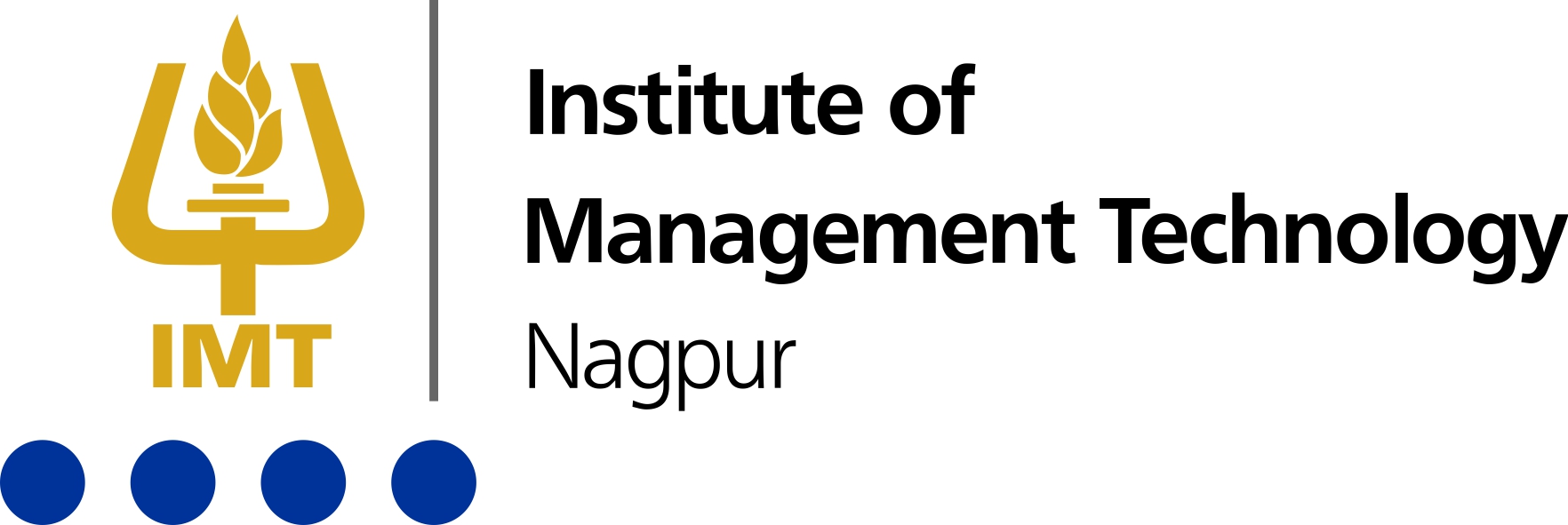Post Graduate Diploma in Management (Financial Management)

Introduction to Finance
Finance is a dynamic field that focuses on the management of money and assets. It encompasses a wide range of activities, from financial analysis and investment strategies to risk management and financial market operations. In today’s global economy, finance is more complex and sophisticated than ever, with new technologies, regulations, and financial instruments constantly emerging.
The finance industry plays a crucial role in driving economic growth and development, as it provides the funding and resources necessary for businesses, governments, and individuals to achieve their goals. However, financial decision-making is not without its challenges and risks, and the consequences of poor financial decisions can be severe. As a result, there is growing awareness of the need for ethical behavior in finance, as well as the importance of sustainability and social responsibility.
Professionals in finance have the opportunity to make a positive impact through their work. They can help organizations to optimize their financial performance, manage risk effectively, and create value for their stakeholders. To be successful in this field, individuals need a strong foundation in financial concepts and techniques, as well as the ability to analyze and interpret financial data. They also need to stay up-to-date with the latest trends and developments in the industry.
In summary, finance is a fascinating and challenging field that offers many opportunities for those who are passionate about managing money and assets. It requires a combination of technical expertise, analytical skills, and ethical behavior to succeed, and is essential for driving economic growth and development in today’s world.
- To give an understanding of relevant theoretical business management concepts.
- To demonstrate proficiency in analyzing and interpreting a wide range of business information related to the various functional areas of management.
- To develop key personal and inter-personal skills required for effective management and implementation of solutions to business problems at all levels within and outside the organization.
- To equip students with the knowledge base related to various business domains and its application across industries.
- The Two Year PGDM program is covered in six trimesters.
- There are 22 Core Subjects, 14 electives (including flexi-core) and one summer internship project.
- In the first year (during trimesters I, II and III), the student will learn concepts in all the functional areas of management.
- In trimester III, students will be choosing two flexi-core courses from a bouquet of courses offered from various functional areas. This enables students to select specializations (major and minor) according to their interest in the 2nd year.
- In the second year, the student has to choose 12 electives out of the elective courses offered by the Institute, during three terms i.e. Terms IV, V & VI. These are following three ways a student can choose specialization:
A Major specialization with a minor specialization: A student has to opt for six to eight courses from the finance area for their major specialization, four courses for the minor specialization from the area that the student intends to specialize and if required two courses from the other areas.
A major specialization without a minor specialization: A student has to opt for six to eight courses from the finance area for their major specialization. The student has to opt for the remaining courses from the remaining areas. But since the student has not opted for a minor specialization, the maximum number of courses that the student can opt for from any one of remaining areas is three.
Programme Courses
The second area of specialization could be chosen from any of the following six areas – Finance, Business Analytics and Information Technology, Operations Management, Human Resource and Organizational Behavior or Economics.
Term-I
|
Term-II
|
|||||||||||||||||||||||||||||||||||||||||||||||||||
Term-III
|
The list of flexi-core courses is as follows:(1st Year)
|
|||||||||||||||||||||||||||||||||||||||||||||||||||
Term-IV
|
Term-V
|
|||||||||||||||||||||||||||||||||||||||||||||||||||
Term-VI
|
Click here – The list of electives offered in the 2nd year |
